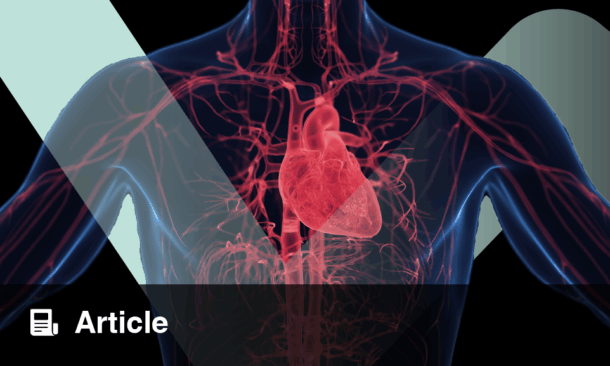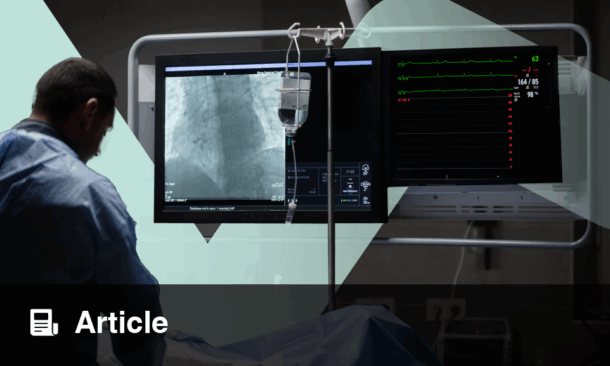MUSIC may emerge as a treatment for heart conditions, according to researchers who have discovered that repeated musical phrases can affect the heart rate.
Prof Peter Sleight, Department of Cardiovascular Medicine, University of Oxford, Oxford, UK, presented the findings of over 20 years of research at the British Cardiology Society Conference in Manchester. “Music is unique to Man and its use to influence mood goes back to pre-history,” he said. “Music is now widely used commercially (but uncritically) from medical applications to raising cattle. Rather little has been published in regular medical journals.”
While analysing the stress of mental arithmetic among a group of young medical students, Prof Sleight and colleagues were surprised to find that the Latin Ave Maria, a piece of music they were using as a non-stressful verbal control to reduce heart rate, had a 10-second phrase that coincided with Mayer waves – arterial pressure oscillations that experts believe are a measure of sympathetic activity. Over the 20 years following this discovery, the researchers revealed that this 10-second rhythm also appeared in other musical compositions, particularly in the works of the composer Verdi.
To test the effects of different compositions, the team played six different styles of music in a random order to 12 musically untrained medical students and to 12 conservatoire musicians. While playing the different styles of music to participants through headphones, the team analysed their cardiovascular (CV) response, including pulse and blood pressure. The researchers found that the CV responses to each composition were similar between the subjects despite differences in individual musical preferences, although participants with musical training had stronger responses.
Subjects responded similarly to both calming music including Indian rajas and exciting music including jazz or fast classical music. These findings indicate that music of any kind can have a therapeutic effect on listeners. Prof Jeremy Pearson, Associate Medical Director, British Heart Foundation, believes that the findings are promising, though more work is required before they can make a viable impact.
“We know that stress can play a role in CV disease so the calming effect of music may have some potential as a therapy,” said Prof Pearson. “However, as Prof Sleight points out, more robust evidence is needed before we see cardiologists prescribing a dose of Taylor Swift or 30 minutes of Vivaldi a day.”
Stacey Rivers
(Image: freeimages.com)







